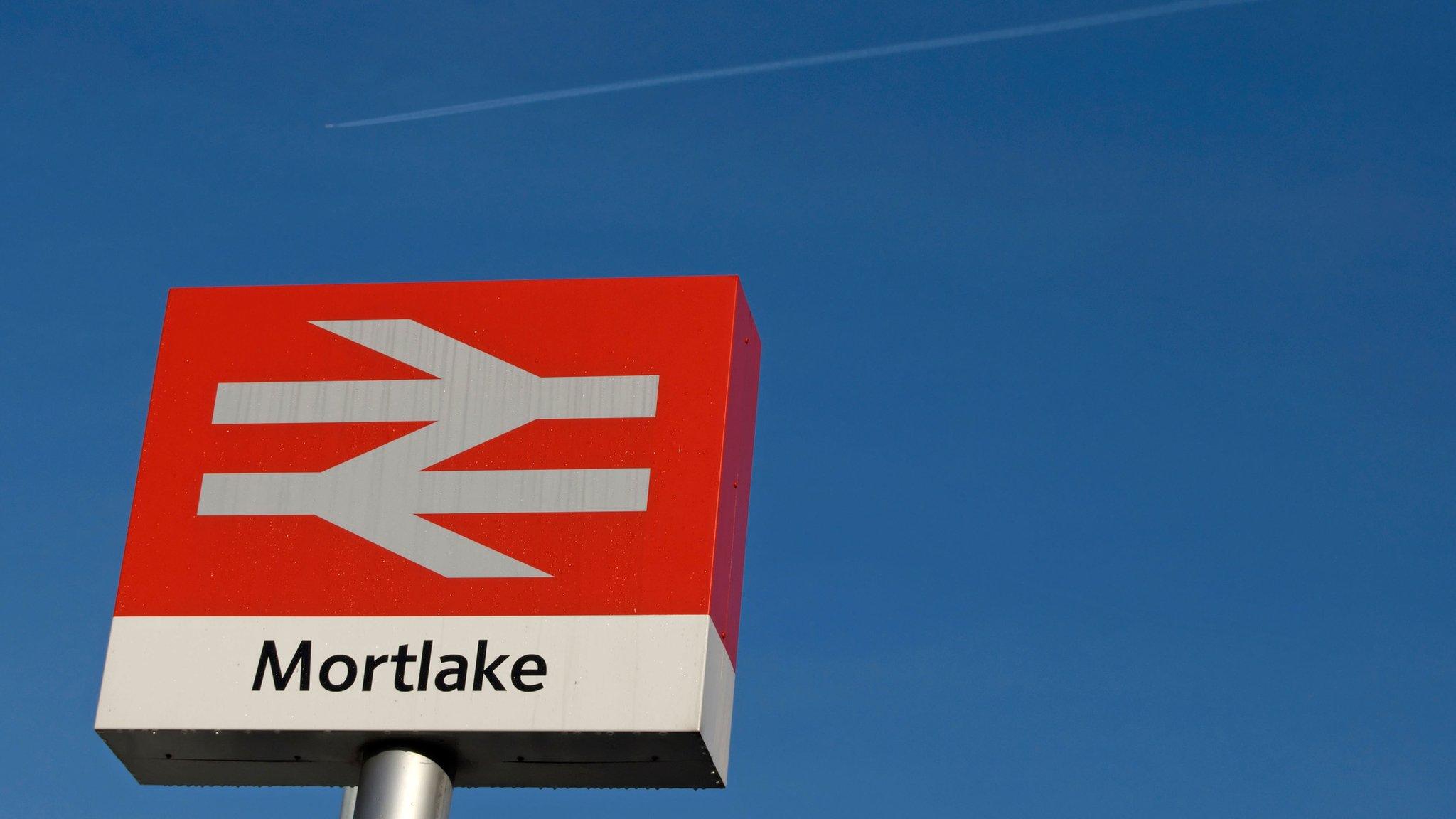Southern rail: Jeremy Corbyn calls on government to renationalise
- Published
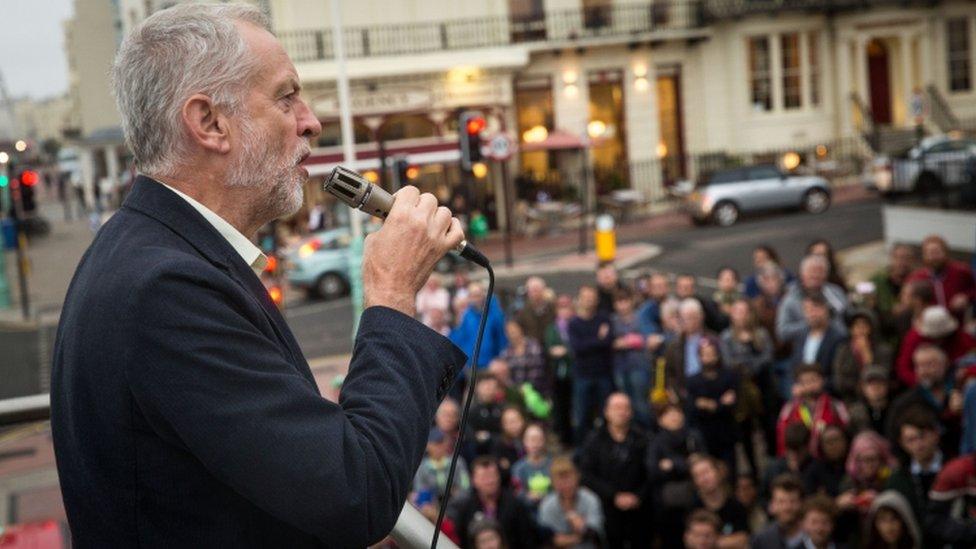
Jeremy Corbyn was speaking at a leadership campaign rally in Brighton
Ministers should renationalise the Southern rail service, following weeks of disruption for passengers, Jeremy Corbyn has said.
The Labour leader said the "misery" that those travelling to London had faced made a "very good case" for a change of ownership.
Southern passengers have faced delays, cancellations and a reduced timetable amid staff shortages and strikes.
The operator is in a dispute with the RMT union over the role of guards.
Two days of talks aimed at averting a five-day strike by the union are due to begin later at the conciliation service Acas.
Southern has promised to run 60% of its normal timetable if the strike, due to begin on Monday, goes ahead.
The company is also facing fresh strike action after the TSSA union said it would be balloting workers in a dispute over ticket office closures.
'Enormous mistake'
"I want to see Southern back in public ownership. I don't believe it's fulfilling its obligations under the franchise it was given, " Mr Corbyn said at a leadership rally in Brighton.
He said that it was a "enormous mistake" not to take all the train operating franchises back into public ownership after the 2001 collapse of the company then running the network, Railtrack, and he re-stated his commitment to renationalise each train service as its contract expires.
At the rally, Mr Corbyn also said the government should have intervened to prevent the financial difficulties at the retailer BHS, which went into administration in April.
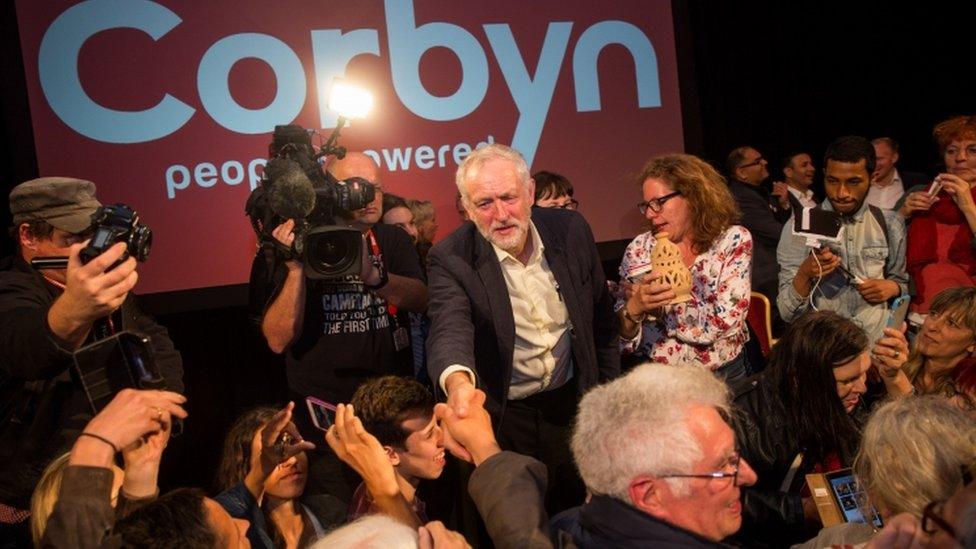
Jeremy Corbyn addressed about 1,000 people inside the leadership rally, and more outside
Earlier, Mr Corbyn said he was disappointed at an attack on him by David Blanchflower, an economist who has resigned from the committee advising the shadow chancellor John McDonnell.
Mr Blanchflower said Mr Corbyn had no credible economic policy and was more interested in addressing rallies than leading the party to power.
Mr Corbyn said: "I'm disappointed because he was helping us, we were developing and are continuing to develop a very strong and very credible economic policy which is about dealing with inequality in Britain and the need for investment in Britain by the promotion of a National Investment Bank."
Pay rises
He spoke to about 500 people outside the rally, standing on top of a fire engine, before addressing 1,000 inside the event.
Scores of his fans, many wearing "Jeremy for Labour" or "I love Jeremy" t-shirts, queued for hours to get a seat at the rally in the Hilton Metropole.
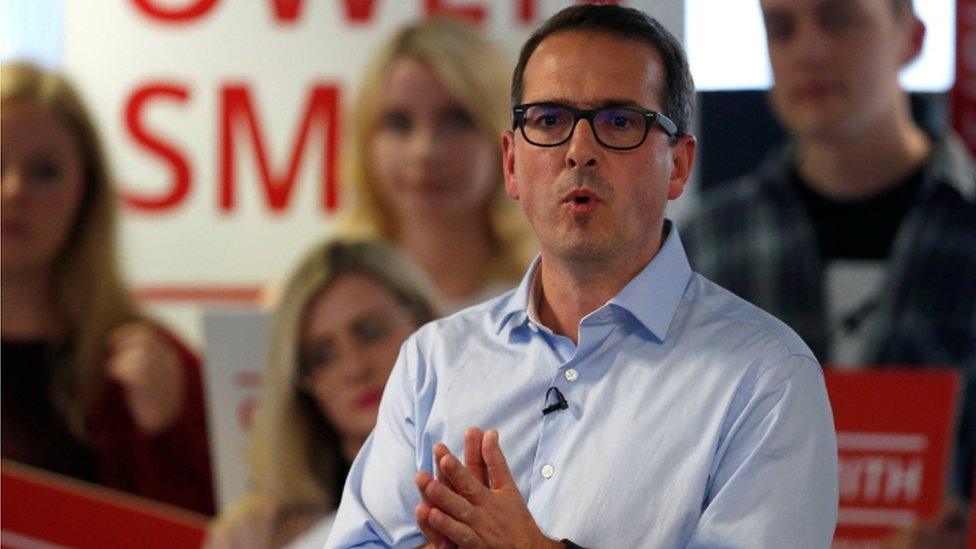
Owen Smith said young people needed a pay rise
Meanwhile Mr Corbyn's challenger for the party leadership, Owen Smith, has promised the "biggest boost to living standards for a generation" with a pay rise for five million workers if he becomes the next prime minister.
In a speech in Milton Keynes, he committed the party to pushing the minimum wage up to £8.25 and forcing employers to give it to all adults on the payroll, not just those over 25 - to be funded by tax increases for the highest-earners in society and businesses.
Mr Smith said he was offering a "clear plan of action" to combat the "perfect Tory storm" of falling wages, diluted workers' rights and social security cuts.
He said: "I am committed to delivering a real living wage for everyone over the age of eighteen - ending the discrimination of those under 25.
"Increasing support for low-paid workers through our social security system - cruelly slashed by the Tories - and delivering a revolution in workers' rights to give people a strong voice at work."
Mr Smith told the audience he was the "underdog" in the contest and his rival had a "very large following". But he insisted he was putting forward "big ideas" that were both radical and credible, adding that Labour needed to win the arguments in Parliament as well as the country and "not just shake our fists through the bars" in protest.
- Published2 August 2016
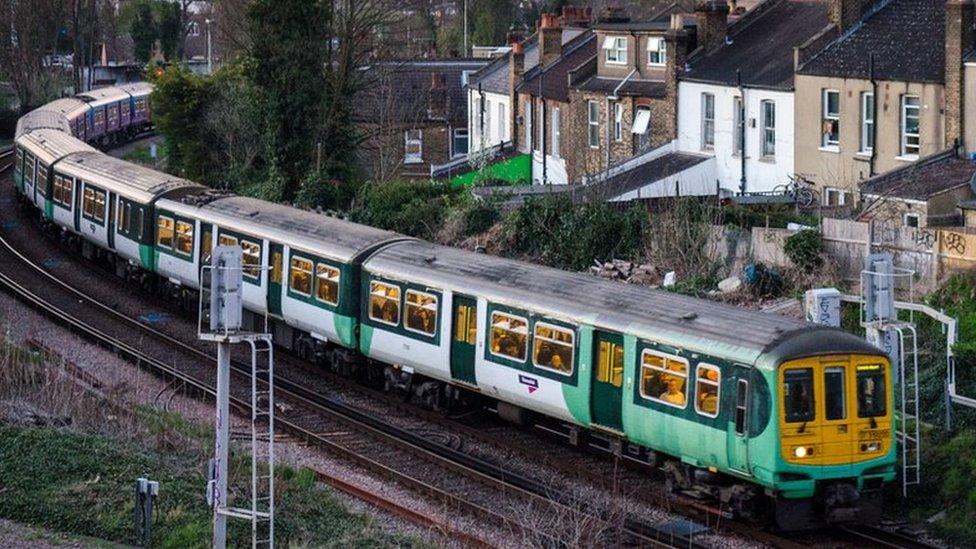
- Published28 July 2016
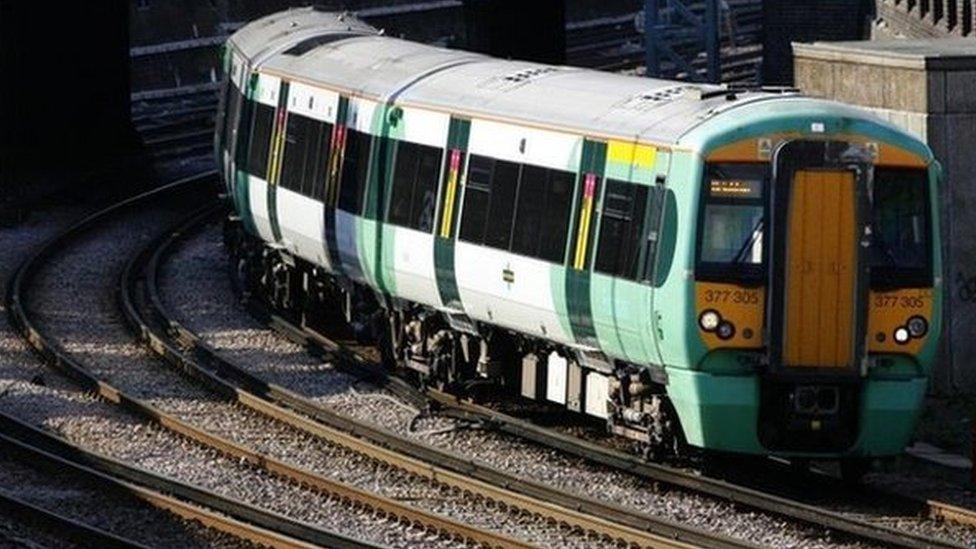
- Published20 July 2016
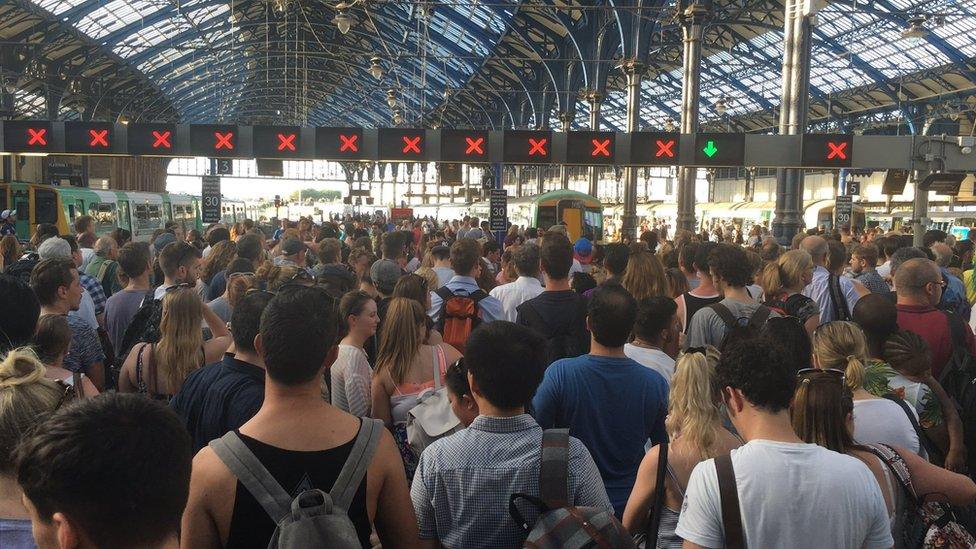
- Published21 September 2016
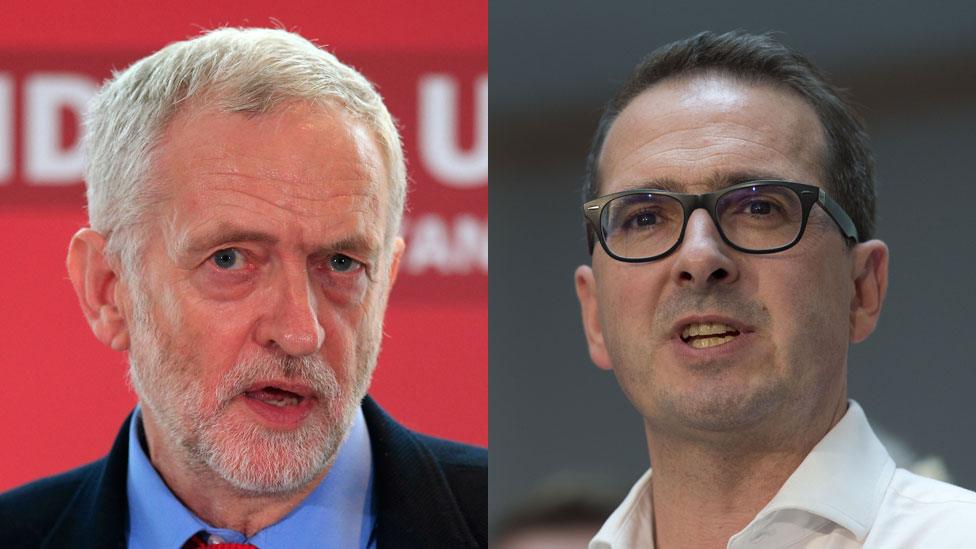
- Published3 March 2015
